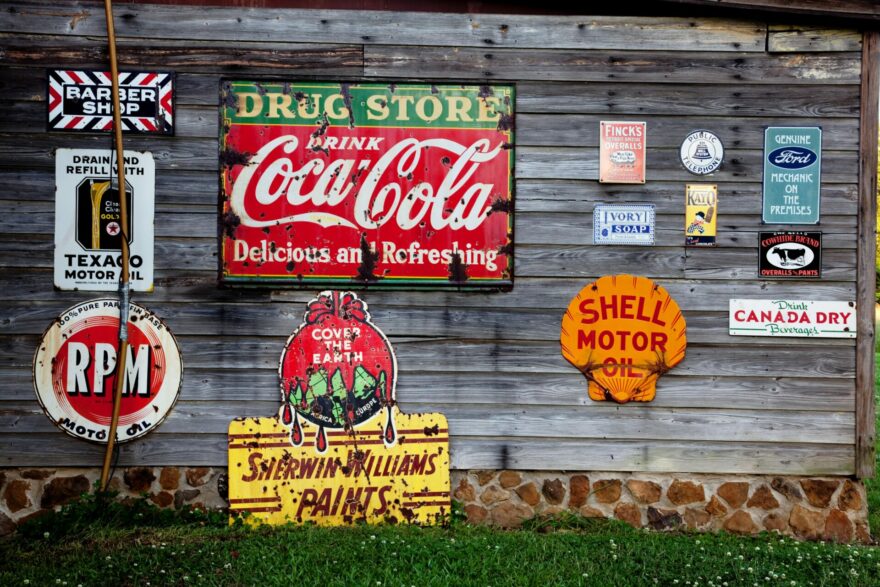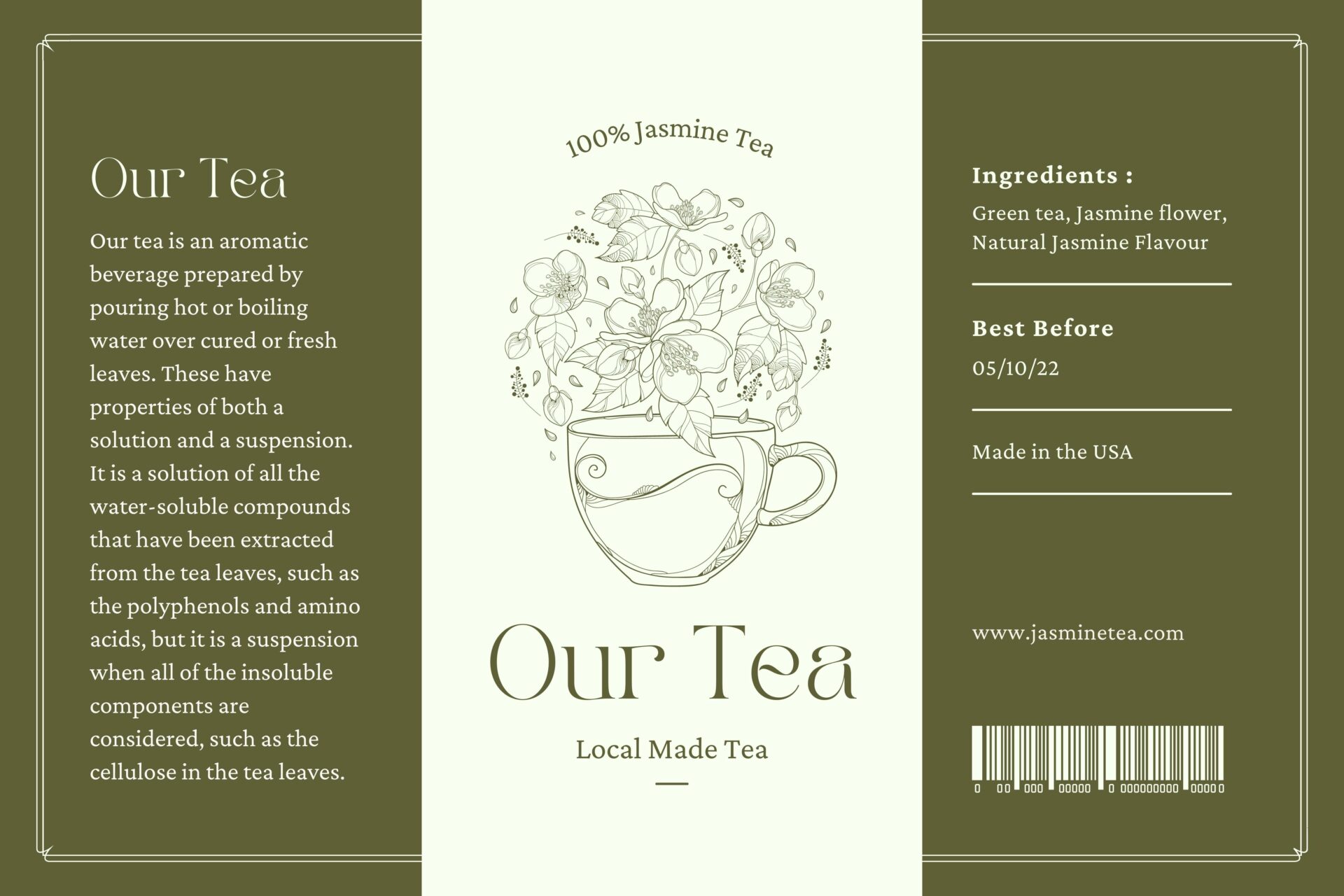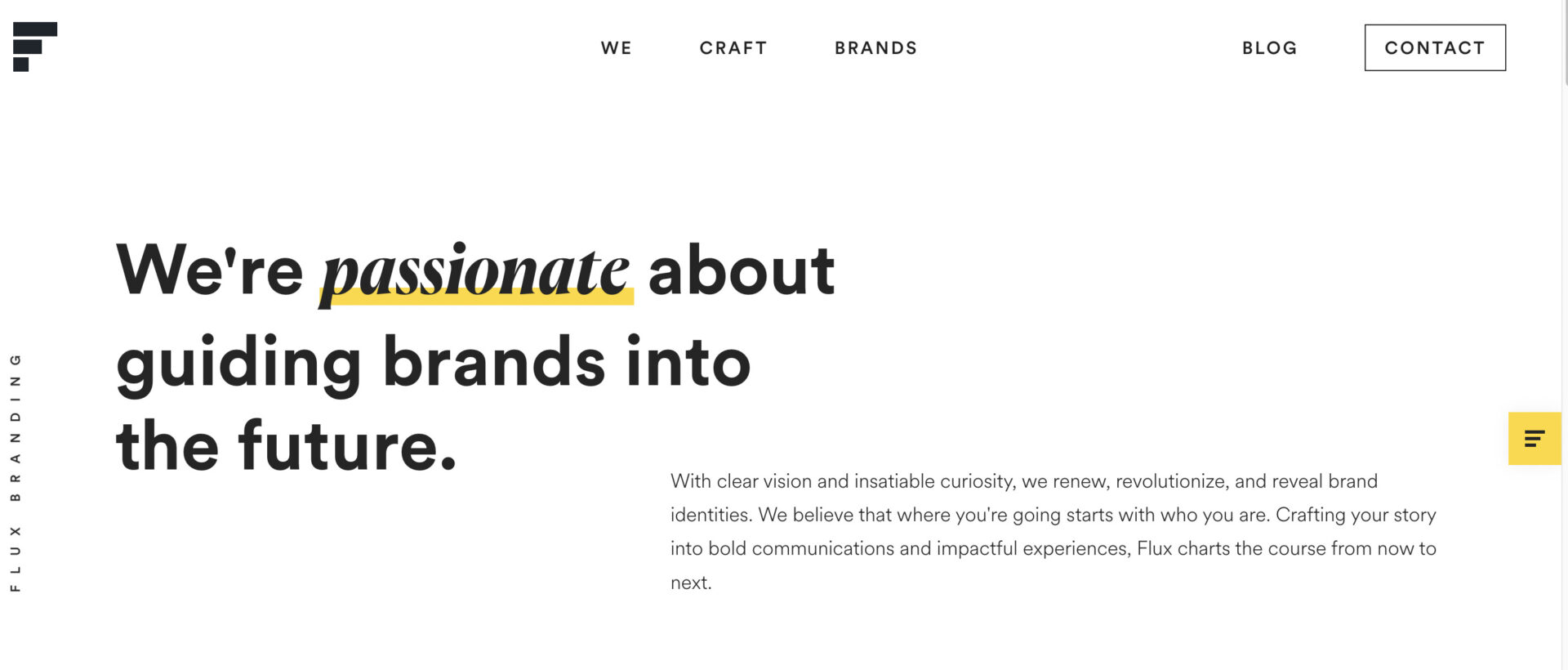
Striking the right balance of product marketing vs. brand marketing can determine where your company’s money goes – and whether your customer’s attention follows.
But marketing is a many-legged beast. And when it comes specifically to product marketing vs. brand marketing, you might not know what part of that beast you’re looking at.
Is this a question of different kinds of marketing – like pre-launch and post-launch marketing? Are they different methods you take to reach the same result – like marketing frameworks? Is there any chance of getting a “two-for-one” where your brand marketing is your product marketing and vice versa?
In short… kind of, no, and no.
Product marketing and brand marketing are two different kinds of marketing you need in your business. They’re looking to accomplish different goals, and they’ll take different journeys to get there.
The one thing that product marketing and brand marketing have in common? Increased revenue for your business.
Product marketing vs. brand marketing – how can you tell which you need and when?
Occasionally, brand marketing and product marketing will cross paths, further muddling them together. So how do you know what’s what? More importantly, how do you know when you need a product marketing vs. a brand marketing campaign?
The truth is that you need both – consistently – to see the best growth.
It’s no secret that companies with a strong brand do well in any economic climate. The brand equity of your company essentially measures what working with your brand means to your customers. Companies with a high brand equity feast while companies with low brand equity often find themselves in seasons of famine.
So, if what you need to weather economic storms is a brand, where does product marketing fit?
What is product marketing?

The clearest distinguisher of product marketing vs. brand marketing is that product marketing is focused on one specific product or service. This means you can be running multiple product marketing campaigns at the same time, all with different offers.
Product marketing is going to be heavily benefits and features-based. You want to explain why the product itself is a cut above, what pain points it solves practically, and how it differs from similar products on the market.
In a single sentence, product marketing declares:
“This item/service serves this specific need, using these features.”
This is important. People need to know what your product is, how it works, and why it’s better than other offerings. However, the vast majority of people don’t make purchases solely on concrete information. Consumers use emotions (personal feelings and experiences), rather than just information (attributes, features, and facts) to guide their buying decisions.
What is brand marketing?

When you get into the “brand” side of product marketing vs. brand marketing, everything changes. Brand marketing is emotional and creative. It’s about communicating your brand to your customers– telling your story, your promises, and your feel. In brand marketing, you align your company with an emotional reward or a sense of belonging. By making a purchase, consumers buy into that feeling or vision, rather than just buying a good or service.
The result is a much higher level of satisfaction and loyalty.
Brand marketing is more emotionally-focused. You need to decide on every level which emotions are evoked by your brand experience. By successfully aligning with emotional motivators, you’ll be rewarded with enduring customer (and employee) loyalty and strong brand equity. Considering how your brand resonates emotionally is a critical part of any branding strategy framework or rebranding campaign.
It goes without saying that, in both product marketing and brand marketing, you’ll appeal to emotion a bit and appeal to logic a bit.
In brand marketing, though, emotions and the story you’re telling really take center stage. This is because you aren’t selling something tangible, like a bike or a beach-view suite. You’re selling the bridge between who someone is and who they want to be.
Brand marketing doesn’t sell just one of your products, it sells your whole company– including your vision, your purpose, and your vibe.
Why your company was founded, why they solve specific issues, who these issues speak to, what kind of people are in the group that works with the company – these are all questions that should be answered in your brand marketing.
In a single sentence, brand marketing says:
“Who we are as a company serves and connects this type of person because…”
Marketing vs. branding – who’s going to find you and how

What’s the difference between brand “marketing” vs. branding “normally”?
Branding is who you are. Marketing is the tactics used to get that message into the world.
Many companies focus on getting the word out, funneling all their resources into marketing. But that’s just not enough. If you don’t know what you’re saying, you’re just making a lot of noise. The current market (and the internet) is an infinity pool of options for today’s customers. And this means that they’re making choices with higher standards and a wider lens. A good product and good service are the status quo. People expect it, so that’s not what keeps them with a company.
What keeps them coming back is a feeling. A sense of belonging. An alignment with who they want to be.
People aren’t just buying things, they’re buying emotions.
People stay with a company when they feel that they align with the company’s ethics and values. And that’s what the brand is there for– to communicate those feelings succinctly and powerfully.
A brand’s equity is now directly tied to how quickly and accurately this message reaches consumers. For your brand equity to grow, you need to position your brand intentionally. Then, a stellar marketing team can take that to the world.
Zoom out for a clearer image of brand marketing
This is another place product marketing vs. brand marketing part ways. In brand marketing, you need to zoom out.
Your product is great.
You stand behind it; that’s great, too.
Now it’s time to look at the bigger picture.
The truth is, you can have a great product and absolutely no brand. Think generics of common household goods. They have a product but no brand. All the generics have going for them is a lower price point.
This attitude of “but the product is great!” can cause a business to fail.
One place you can see this over and over is “Shark Tank.” Many of the contestants have great ideas but get turned down for funding because they have no brand strategy. They’ve failed to understand product marketing vs brand marketing – and make a plan for both. There’s nothing stopping someone from copying the product and doing just as well – or even eclipsing them – in sales.
What makes a business stand apart and see explosive growth is branding.
Then, you’re no longer selling something that just anyone can make. You’re selling a sense of belonging, a feeling of buying into a bigger purpose or vision. Branding is how Kim Kardashian can sell everything from skincare to clothing… and still have her branded earbuds sell out in record time. People aren’t buying earbuds or lotion or curve-creating shapewear. They’re buying the chance to be part of Kim’s inner circle.
Have a clear perspective
You might think this is where the “product” side of product marketing vs. brand marketing comes in. Actually, you have to get specific with brand marketing, too.
When it comes to telling your story, there are many different ways to tell it. You can be light and funny. You can be established and serious. Or you can give someone just enough detail for them to have a sense of intrigue and mystery.
The same is true for branding. A company can be offering the same broad offering, but how they talk about it can be wildly different. Think hotel brands– Ritz Carlton, DoubleTree, and a boutique hotel all offer rooms to rent. But the way they’re positioned is distinct. One is the epitome of luxury, the other is a convenient and economic business traveler’s choice, and the third is a unique experience that you won’t find anywhere else.
Here at Flux, we differentiate brands through the use of brand archetypes. Ritz Carlton, DoubleTree, and boutique hotels all have different base personalities– or archetypes– that inform why their voice, visuals, and vibe are so varied.
You need to know your position in order to be successful in brand marketing. Your position is who you are and what feelings you evoke. It’s your perspective on the world. That’s really what you’re sharing through brand marketing efforts.
What brand marketing looks like to buyers
So what does product marketing vs. brand marketing look like to your buyers?
Think of hotel management and franchising. Each franchise has its own marketing. Each embodies its own local flavor and interprets the larger company culture in its unique way. But all of them have the same brand tying them together.

For example, DoubleTree Suites may change its interior design and layout to evoke a sense of adventure in the mountains or soothing relaxation in a beach location. But customers know they’ll always get a warm cookie and welcoming customer service to match – regardless of where they check-in.
That’s worth quite a lot in brand equity.
Here’s more food for thought: Customers have between five and twelve points of contact with your business before they buy. What happens if every one of those – or even some of them – are so different from each other that the customer is unsure whether it’s the same company?
The safe bet is that they won’t take intentional action next time. Being unsure of a brand leads to being unsure of the products, the quality, and the consistency.
To buyers, brand marketing is like going on a second date. They might like the first impression. But are you really always like that? Showing up for potential buyers clearly, consistently, and with no intention other than “getting to know you” is the mark of a successful brand marketing campaign.
Branding vs. marketing vs. advertising – where to begin?
The nuances of marketing can feel overwhelming to businesses. Like anything, the deeper you dive, the more complex things get.
On the surface, it might seem like branding vs. marketing vs. advertising are all the same. They’re not, but they all work together. Think of branding as the big idea, core messages, and core assets. Your brand doesn’t change often, because it’s the solid foundation you need to exist. It’s your identity.
Advertising is like the clothes you wear to express your identity– just like clothes, advertising is typically created for a limited time, targeted to specific occasions, and highlights a particular aspect.
Marketing is like the invitation you send to the party where you’ll show off your new outfit– it’s the tactics that are used to get the right eyes on your advertisements and your overall brand.
The truth is that each one is an art form– and they come together in something that might resemble a venn diagram. Each one has its own strengths and weaknesses, and it takes collaboration to make a beautiful, successful business.
So, where should you start?
We believe you should always start with a strong brand. Without a brand, you don’t know what you’re drawing people into. With a big marketing and advertising budget, you might get a lot of attention, but you won’t be able to retain it without a larger understanding of who you are and what you stand for.
And your advertising and marketing won’t really know who to target and how without a solid idea of what you’re all about. That always comes from the brand.
Whether you’re looking for a branding agency in Los Angeles or a branding agency across the world, know that you’re looking for an artist (and we’re actually all of the above!). You’re looking for someone who can elevate your brand in the minds of your customers from another name to an intimate connection.
Ready to start on your branding? Reach out to us, and we’ll help you untangle product marketing vs. brand marketing, strike the right balance between both, and elevate your brand equity.